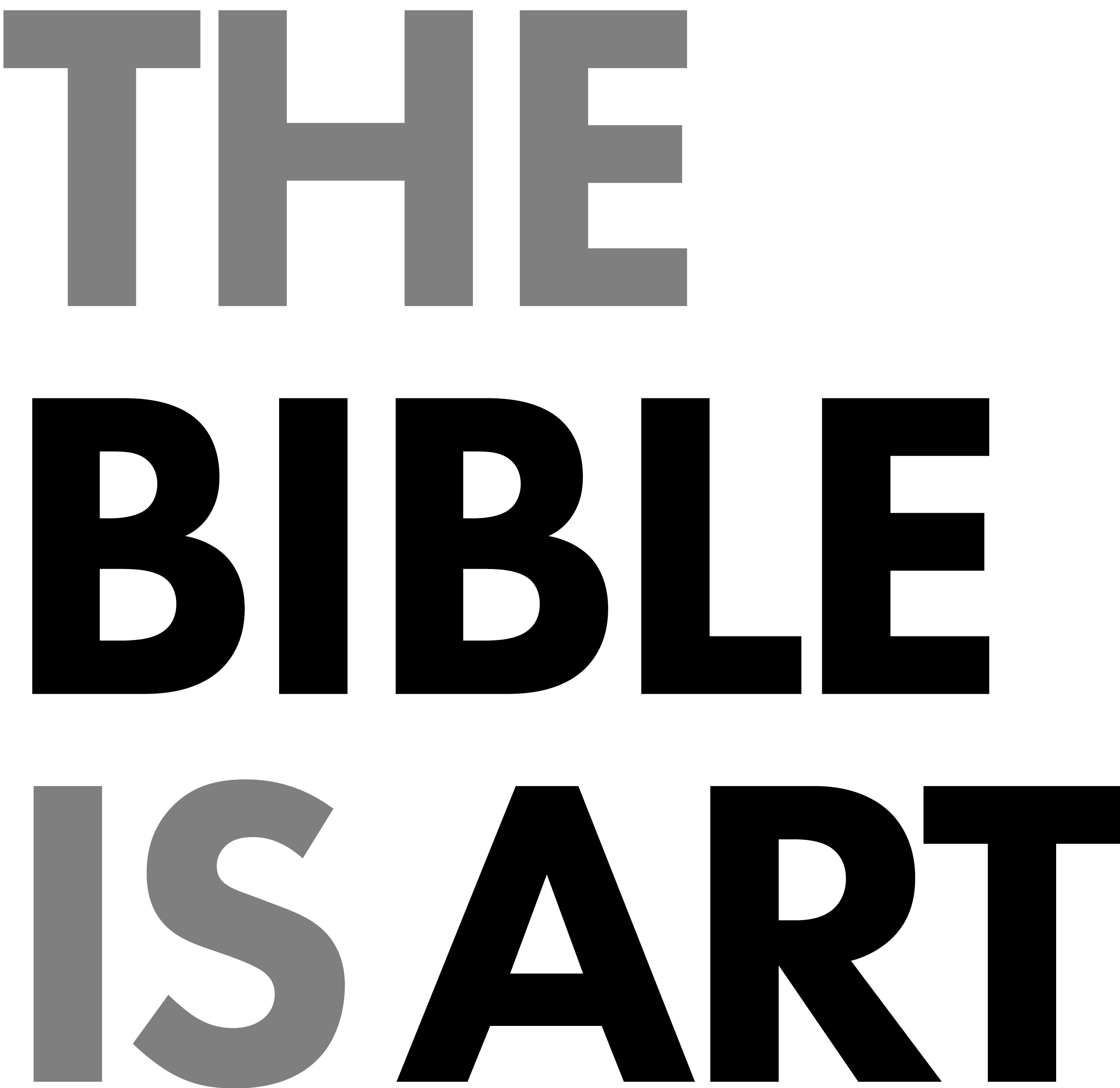Matthew, Micah, and Bethlehem
Matthew has opened his story with a genealogy locating Jesus in the family of Abraham and King David. Then Matthew narrates the strange circumstances of his birth with Mary as the seventh woman in the Bible to have a story told about their inability to conceive. With the previous 6 women (Sarah, Rebekah, Rachel, Samson's mother, Hannah, and Elisabeth, John the Baptist’s Mother), they were unable to conceive even though they were having sex with their husbands when God miraculously gives life. But Mary, being the climactic seventh, has not even had sex and conceives. We’ll have a later video on the purpose of the barren women, but after the scene about Mary’s conception of Jesus and Joseph’s dream about not divorcing Mary, the narrator changes scenes from Mary and Joseph to Herod.
Foreigners, wise men, come to Herod and tell him that they’ve heard that there is a king of the Jews who was recently born but they don’t know where he is, like what city. Herod doesn’t either, he didn’t even know a king had been born, so he asks the priests and scribes. They correctly quote from Micah 5:2:
“‘And you, O Bethlehem, in the land of Judah,
are by no means least among the rulers of Judah;
for from you shall come a ruler
who will shepherd my people Israel.’”
As is often the case, there is a lot more going on than a simple prophecy saying that something is going to happen in the future. But to understand what’s going on we need to look at the book of Micah.
The book of Micah is organized in seven sections:
A - Coming Defeat and Destruction (chap 1)
B - Corruption of the people (chap 2)
C - Corruption of the leaders (chap 3)
X - Glorious future restoration (chap 4-5)
C’ - Corruption of leaders (chap 6)
B’ - Corruption of people (chap 7:1-7)
A’ - Future reversal of defeat and destruction (chap 7:8-20)
Micah has separate sections that condemn the people and leaders for sin. One of the unique features of Micah is what he condemns the leaders for. Micah has been the only prophet of the 12 minor prophets up to this point to condemn the leaders for attacking, killing their own people. In 3:1-3 Micah says:
And I said:
Hear, you heads of Jacob
and rulers of the house of Israel!
Is it not for you to know justice?—
you who hate the good and love the evil,
who tear the skin from off my people
and their flesh from off their bones,
who eat the flesh of my people,
and flay their skin from off them,
and break their bones in pieces
and chop them up like meat in a pot,
like flesh in a cauldron.
These corrupt leaders were anti-leaders. The first job of a leader is to protect those whom he leads, and here, they are killing their people. And in response and instead of this leader, God will raise up a leader who is from the humble city of Bethlehem.
Now notice, all these things were going on in Matthew’s Gospel. The chief priests and the scribes were correct in identifying the birthplace of the Messiah, but it should have brought to mind the context for Herod.
The reason God sent a king from Bethlehem was because there were murderous rulers, precisely what Herod will become in a few verses. So while Herod learns the location of the king, he does not learn the reason for the king, the reason that condemns himself.
